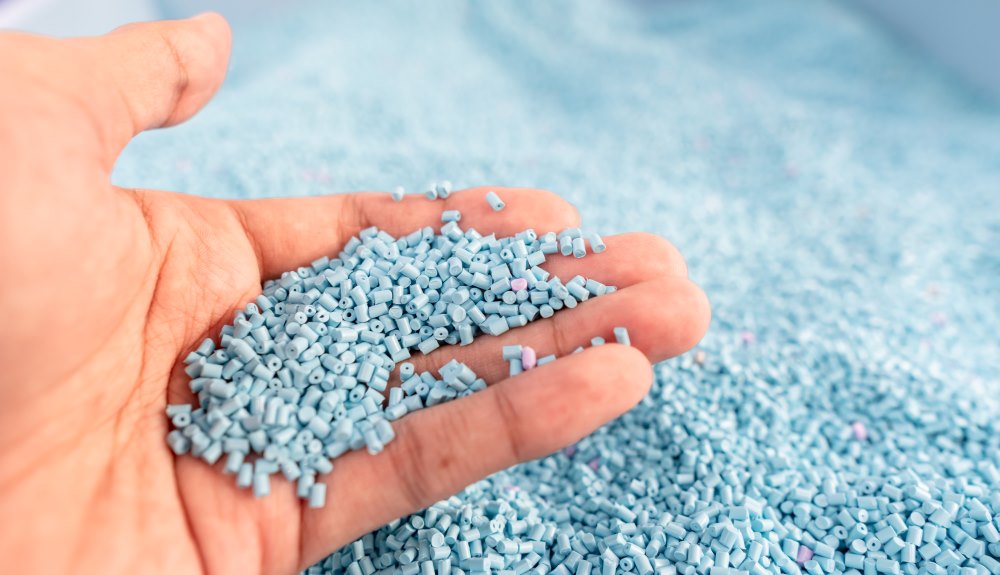Prototyping is a critical step in the injection molding process for product design and development. Creating prototypes allows designers to test concepts, evaluate functionality, refine designs, and minimize risk before investing in production tooling. Prototype injection molding offers many benefits over other prototyping methods when it comes to simulating the actual injection molding process.
Why Start With Prototype Injection Molding
Prototype injection molding enables designers to:
- Test mold design – Evaluate mold flow, part design, ejection, and other molding considerations.
- Verify plastic material selection – Determine if the specified plastic will meet the part requirements.
- Refine manufacturing processes – Work out any production issues before cutting the steel, multi-cavity tooling.
- Minimize production risk – Identify potential problems in the early stages of a project before significant investments have been made.
Prototype molding brings products to market faster and more efficiently by optimizing designs and processes early on.
How Is Prototype Injection Molding Used
Prototype injection molding can be used to create multiple versions of a part for concept modeling, design verification, pre-production testing, and other applications. Key uses include:
- Functional prototypes – Working models to evaluate functionality and ergonomics.
- Design verification – Parts used to test form, fit, and function.
- Pre-production testing – Parts run on prototype tooling can be used to optimize manufacturing processes.
The Difference Between Prototype and Production Injection Molding
Prototype injection molding utilizes different tooling methods and materials compared to full-scale production:
Hard Tooling
This refers to metal mold tooling that offers the best simulation of production molding. Hard-tooled prototypes can use production-intent materials and manufacturing processes. They offer moderate tooling costs and part volumes.
Soft Tooling
Soft tooling uses non-metal materials like epoxy resins, aluminum-filled epoxy, spray metal tooling, and CNC-machined components. Soft tools are faster and less expensive to produce but offer lower part volumes, usually less than 1,000 parts.
What Materials Are Most Commonly Used and Why
Many different materials can be used for prototyping. The optimal material depends on project requirements, part geometry, tooling method, production material, and other factors. Common prototype molding materials include:
Composite Structures
Fiber-reinforced composites like carbon or glass fiber mixed with epoxy resin. Used for lightweight, high-strength parts with moderate temperature resistance. Allows functional testing and structural evaluation.
Mass Cast Epoxy
Filled epoxies that can simulate engineering thermoplastics. Used for moderate production runs up to 1,000 parts. Offers good stability and machinability.
Metals
Aluminum, zinc, and magnesium alloys. Used when metal parts are required. Suitable for parts with thin walls and complex geometries. Allow testing of inserts and other molded-in components.
Silicones
Heat resistant with good chemical stability. Used for healthcare applications, infant products, and food contact parts. Enable evaluation of rubber-like materials.
Thermoplastics
ABS, PC, nylon, and other production thermoplastics, including Silicone-like TPEs. Best for optimizing plastic material selection and manufacturing processes. Parts identical to production. Must be machined or injection-molded.
Urethane Resins
Offer flexibility, impact resistance, and abrasion resistance. Used to simulate rubber and other elastomers. Resistant to oils and chemicals. TPUs are typically injection-molded or cast.
Wood
Soft tooling made from natural wood or wood-filled epoxy. Provides moderate runs of aesthetically pleasing parts. Eco-friendly option.
Importance of Choosing a Suitable Material for Prototyping
Selecting the right prototyping material is critical, as material properties directly impact part quality, functionality, and manufacturability. The optimal material depends on key factors like required mechanical properties, production material, tooling method, part geometry, and project budget.
Proper material selection for prototyping ensures high-quality prototypes that accurately represent the final production part. This minimizes risk and avoids problems that may arise if an unsuitable material is used.
How Can Protoshop Help
At Protoshop, our engineers have extensive experience with prototype injection molding using a wide range of materials and methods. We understand the nuances of prototyping and selecting the ideal materials to meet project requirements while staying within budget.
We welcome the opportunity to partner with you, discuss your project details, and provide recommendations to ensure you get high-quality prototypes tailored to your needs, even if that means that we lose the project. Please contact us for a consultation or quote for your next prototype injection molding project.



